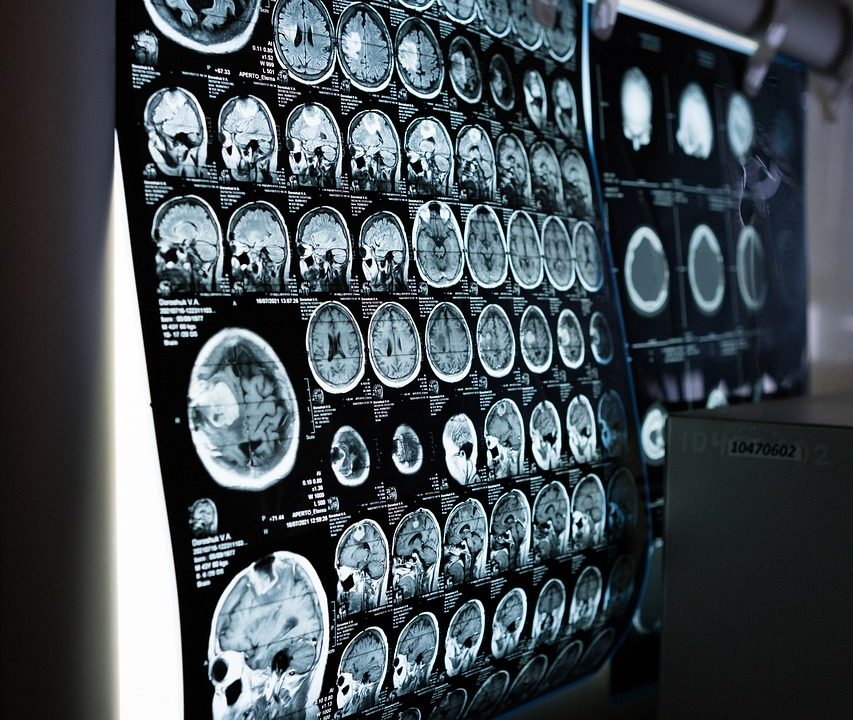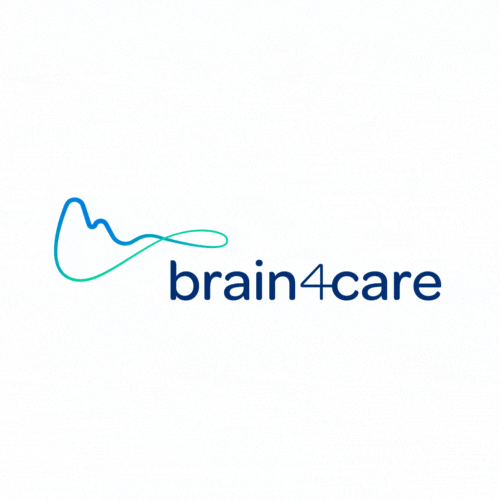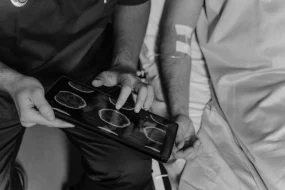
Deep learning method was employed to predict whether glioblastoma patients would survive the first eight months after completing radiotherapy
A research published in the journal Neuro Oncology on January 29, 2024, titled “Glioblastoma and radiotherapy: a multicenter AI study for survival predictions by magnetic resonance imaging (GRASP study),” presents a significant breakthrough in the field of brain cancer.
The study, conducted by researchers from King’s College London, aimed to predict the survival of glioblastoma patients eight months after radiotherapy, using deep learning applied to the first brain magnetic resonance imaging (MRI) after treatment completion.
Retrospective and prospective data were collected from 206 glioblastoma patients diagnosed between March 2014 and February 2022, across 11 centers in the United Kingdom. AI models were trained on 158 retrospective patients from three centers and validated on retrospective and prospective test sets.
According to the researchers, an innovative approach was used, combining brain MRI information with demographic data, treatment, and molecular characteristics of the patients. The results demonstrated that the MRI-based AI model outperformed image-less models in predicting glioblastoma survival.
Dr. Thomas Booth, a neuroimaging lecturer at King’s College London and a neurology consultant at King’s College Hospital NHS Foundation Trust, explained the study’s motivation in an interview with News-Medical.net. He stated that the study addressed a critical and clinically tuned research question regarding aggressive brain tumors. “The survey was conducted through the utilization of cutting-edge artificial intelligence. Although less common than other cancers, the devastation of glioblastoma is disproportionate, with a two-year survival rate of 18%,” he said.
King’s College London PhD researcher Alysha Chelliah was interviewed by News-Medical.net and stated that deep learning was utilized to predict whether glioblastoma patients would survive the first eight months after completing radiotherapy. She mentioned, “The AI model showed improved performance when first trained to detect abnormalities in these patients in 10,000 brain MRIs.”
Chelliah emphasized that such an approach aims to enhance the ability to identify patients who require early second-line treatment or enrollment in clinical trials compared to those who initially respond to treatment.
Dr. Helen Bulbeck from the Brainstrust Charity underscored the significance of this advancement for patients, as it provides crucial information for making decisions about treatment options and may even empower them to take control of their lives.
The researchers believe that the findings of using AI to predict the response to radiotherapy represent a significant step forward in the battle against glioblastoma.
The study will offer a new tool to enhance brain cancer treatment, furnishing doctors with valuable insights to improve patient outcomes.
The full study can be accessed at the following link.





